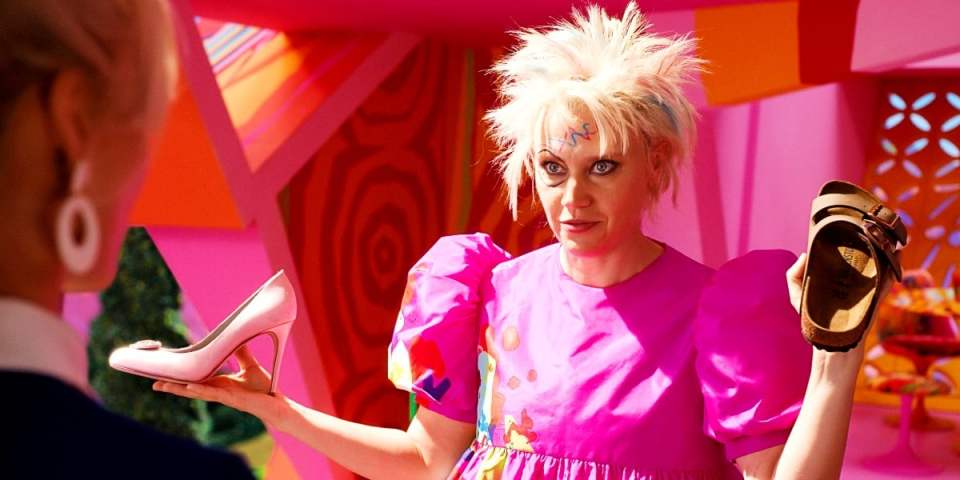Weird Barbie should provide some unlikely inspiration for the Bank of England

If economists at the Bank of England could take some inspiration from Weird Barbie, they could break up the groupthink, writes Charles White-Thomson.
Inspiration comes in strange places and as I sat watching Barbie, the charismatic Weird Barbie struck a chord with me. She reflects an antidote to groupthink, lethargy and the popular dumbing down at the institutional and individual level.
For those who don’t know who Weird Barbie is, she is the Barbie whose hair is cut short and often has felt-tip pen drawing on her face. She is the opposite to the pristine Ken and Barbie. She is the challenger, unbound by convention – where the child can express their individuality, or even frustration with the norm and to seek an alternative viewpoint. She is not weird, in the playground and raw sense of the word, she just thinks differently, and we need characters like this.
That is why I want institutions like the Bank of England’s Monetary Policy Committee to have their own Weird Barbies so that we can break the cycle of groupthink. It is not just the Bank of England, it is many of the world’s Central Banks and other institutions who suffer from this. It has been a disappointing period for many of these institutions with key logic based on super cheap money in the form of quantitative easing (QE) and rock bottom interest rates and the resulting asset bubbles and inflation driving the existing counter measures. The view on transitory inflation is a classic example – the collective Central Banks filled to the brim with invincible economists, many of whom are all trained in the same institutions, in the same money (financial) theory and who, in the majority, believed that inflation would return quickly to 2 per cent because that is what happens and that is what the model says.
Where was Weird Barbie’s voice to question these assumptions and calling out the huge liquidity in the system, increase in savings and the impact of initiatives like helicopter financing?
The transitory argument should have been further challenged. Weird Barbie adds those important ingredients of individuality and inquisitory nature, which for many classically educated economists is uncomfortable, lowbrow and viewed as fringe. This is one of the reasons a full review of our Monetary Policy and the performance of the Governor and the MPC should be carried out by “generalists” as well as economists. Going forward, the MPC and similar organisations should have a mix of economists who should rejoice in their ability to think differently because it generates new thinking. Swimming against the tide is not easy and that is why in the majority of cases, it is more common to have the consensus supporters than not.
The individual investor also needs access to, or the ability to call on their own Weird Barbie, to test and challenge the status quo, traditional think including the opinion of some of our most revered institutions. An example would be where the Bank of England forecasts long term inflation at 2 per cent Weird Barbie would say, and I would agree with her, this is too specific and does not reflect potential shocks. A more likely scenario would be a spread of 2 per cent to 5 per cent allowing for better planning and the overlaying interest rate implications. Or, where consensus says this is a “no brainer” or good idea, consider what is the other alternative or downside to the argument. How many times has the market upgraded and bought a stock or theme at the top of the cycle only to see it crash? This goes both ways and should also be applied when financial instruments are massively oversold or out of favour.
Challenging rules and assumptions, listening to your intuition on a day to day basis are skills that Weird Barbie specialises in. Embrace your inner Weird Barbie or find one to help you. And for those who want to complete this analogy by doing the splits, make sure you train first. That one is for the true Barbie aficionados.
